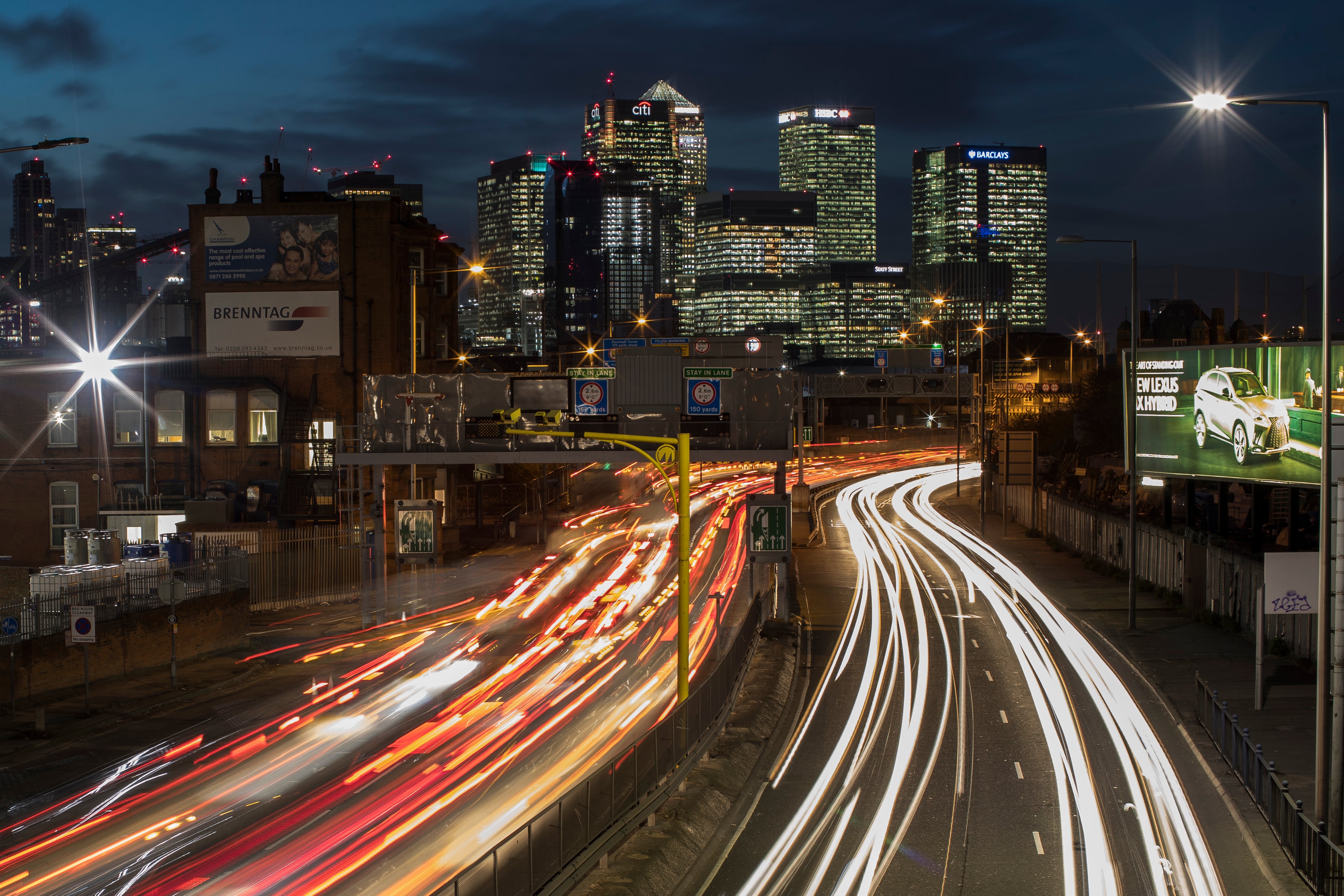Government must safeguard pregnant women and babies from rising air pollution, healthcare leaders warn
‘It is difficult for an individual to reduce their exposure to pollutants – people often don’t have the luxury of choosing where they live or what job they do,’ says expert

Your support helps us to tell the story
From reproductive rights to climate change to Big Tech, The Independent is on the ground when the story is developing. Whether it's investigating the financials of Elon Musk's pro-Trump PAC or producing our latest documentary, 'The A Word', which shines a light on the American women fighting for reproductive rights, we know how important it is to parse out the facts from the messaging.
At such a critical moment in US history, we need reporters on the ground. Your donation allows us to keep sending journalists to speak to both sides of the story.
The Independent is trusted by Americans across the entire political spectrum. And unlike many other quality news outlets, we choose not to lock Americans out of our reporting and analysis with paywalls. We believe quality journalism should be available to everyone, paid for by those who can afford it.
Your support makes all the difference.The government must do more to protect the health of pregnant women and their babies from rising levels of air pollution, healthcare leaders have warned.
Increasing numbers of women are concerned about how the air they breathe is affecting them and their offspring, the Royal College of Obstetricians and Gynaecologists said.
Research from the UK suggests exposure to air pollution before birth can potentially damage fetal growth, as well as leading to a higher chance of term low birth weight and small decreases in lung function in children.
While global evidence identifies a potential connection between air pollution and reduced fertility, it also increases the risk of miscarriage, autism in children, and pregnant women developing pre-eclampsia.
Dr Victoria Bills, consultant obstetrician and specialist in fetal medicine, said: “In my clinical practice I am seeing more and more women who are worried about the impact the air they breathe is having on them and their baby.
“It is difficult for an individual to reduce their exposure to pollutants – people often don’t have the luxury of choosing where they live or what job they do – and this is why we need local, national and international action to truly protect our health from these pollutants.
“Although the increases in risk discussed are statistically significant, we want to reassure women there is still only a small risk to the individual.”
Dr Bills noted there are other positive steps they urge women to take to curb the overall risk and make sure they have a healthy pregnancy such as keeping their weight healthy, refraining from smoking, and properly looking after asthma.
“Everyone can take steps to reduce their own contribution to air pollution such as using cars less often or not at all,” she added.
The Royal College of Obstetricians and Gynaecologists’s stark warning comes after Clean Air Day - the biggest air pollution campaign in the UK - on Thursday.
Healthcare leaders noted air pollution takes a greater toll on those living in deprived communities and also raised concerns about the racial and ethnic inequities in pollution exposure. Air pollution causes up to 36,000 deaths in Britain each year.
Dr Ranee Thakar, senior vice president for global health at the Royal College of Obstetricians and Gynaecologists, said: “The Environment Bill provides the perfect opportunity for the UK government to implement ambitious, legally binding targets.
“We strongly suggest the country’s leaders look at the evidence presented and take significant action to safeguard the health of pregnant women and their babies, and that of future generations.
“Commitments to tackle the issue must be coupled with robust plans to ensure that targets are met, as well as the flexibility to rapidly consider and introduce new regulations in the face of emerging evidence, particularly around currently unregulated pollutants.“
Healthcare leaders demanded the UK government urgently roll out a legally binding pledge to attain World Health Organisation recommended limits on particulate matter by 2030 at the very latest.
Curbing road transport is a key way to cut down on air pollution, the association said, calling for more to be done in this area.
A 2020 report discovered air pollution triggered the deaths of around half a million babies across the world in the past year, with this including more than 116,000 in India alone.


Join our commenting forum
Join thought-provoking conversations, follow other Independent readers and see their replies
Comments